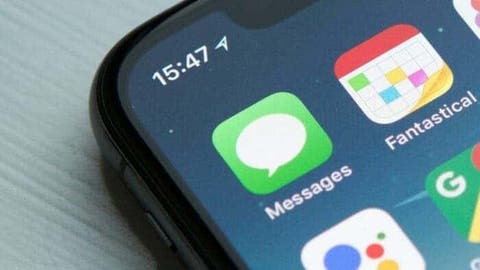Apple has been at the forefront of the battle for user privacy for many years. The company has consistently refused to comply with govt demands for access to user data, citing concerns about the privacy and security of its customers. In 2015, Apple was targeted by the CIA and British intelligence researchers, who sought to hack into iPhones and other Apple products. However, Apple has remained steadfast in its commitment to user privacy and has continued to reject govt surveillance demands. According to the BBC, the U.K. govt is now pushing to change surveillance laws which would force tech brands to make major security and privacy changes. The BBC also reports that Apple has threatened that if the laws change, it will stop offering services like FaceTime and iMessage in the UK.
UK Govt Surveillance Demands
Despite Apple’s commitment to user privacy, the UK govt has continued to demand access to user data. In 2013, the UK was accused of not obeying British law by using info gathered on British citizens by PRISM, a secret U.S. eavesdropping program. More recently, the UK govt has continued to push for greater access to user data. In 2016, the UK passed the Investigatory Powers Act (IPA), which gave the govt sweeping powers to monitor online activity. The law has been criticized by privacy advocates, who argue that it represents a significant threat to user privacy.
However, the govt now has plans to update IPA. This law allows the Home Office to force tech brands to disable security features. The process to update the Act is on the way and tech brands can appeal before it takes action. According to the planned IPA update, security features must not be active. The UK govt kicked off an eight – week consultation process on proposed amendments to the IPA. However, Apple kicks against the new changes to the law.
Apple’s Response to UK Govt Demands
Apple has submitted a nine – page paper which goes against many of the changes. The company says it is against the plan for the Home Office to be informed of changes to product security features before enacting them. It is also against the law that non-UK brands comply with changes that affect their products globally. Also, Apple is against the law which states that brands must act immediately when the Home Office asks them to disable or block a feature. These brands will not have an option of a review or appeal process.
Apple added that it does not make changes to security features for any specific nation. The company claims that this will weaken the product for all users. The company also argues that some changes require the release of software updates and cannot be done in secret. Apple concludes by saying that the proposal is “a serious and immediate threat to data security and info privacy”. The company further adds that even people outside the U.K. will be affected by the changes that the U.K. govt. needs.
Apple says that if the U.K. govt. does not shift grounds, it may be forced to stop offering some services in the U.K. Apple is not alone on the objection. Other social brands like WhatsApp and Signal are also strongly against the update to IPA. In fact, Signal has threatened to leave the UK.
Apple’s Stance on User Privacy
Apple has long been a vocal advocate for user privacy. The company has implemented a number of measures to protect user data, including end – to – end encryption and two – factor authentication. In 2016, Apple famously refused to comply with an FBI request to unlock an iPhone used by one of the San Bernardino shooters. The company argued that creating a backdoor to the iPhone’s security would set a bad precedent. The company claims that doing this will reduce the security of all iPhone users.
In 2018, Apple introduced new privacy features in iOS 12, including enhanced tracking prevention and improved password management. The company has also been a vocal opponent of govt surveillance and has called for stronger privacy protections for users.
Conclusion
Apple’s rejection of govet surveillance demands is a reflection of the company’s commitment to user privacy. Despite pressure from govts around the world, Apple has remained steadfast in its refusal. While this stance has put the company at odds with some govs, it has also won the trust of many users. As the battle for user privacy continues, it is likely that Apple will continue to be a vocal. The company will likely continue to advocate for user privacy and security.
